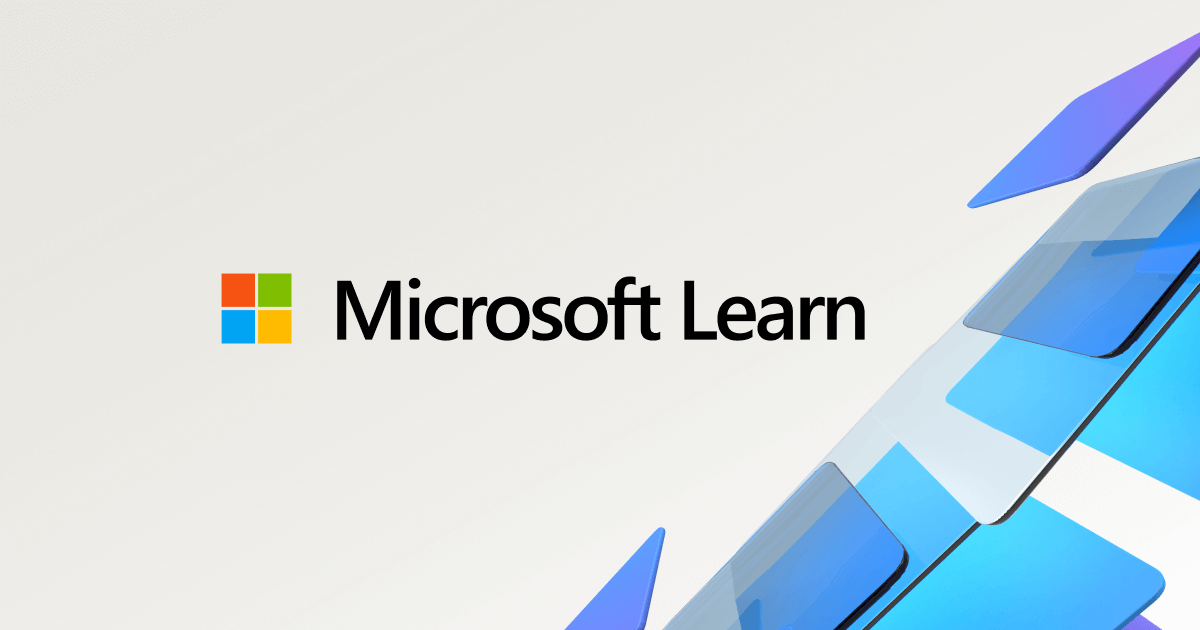Velvis
Well-Known Member
- Reaction score
- 47
- Location
- Medfield, MA
Dell laptop is asking for a bitlocker key that the owner said they no nothing about after doing updates.
After some googling it seems like its a common issue. I have tried a bunch of the solutions people said have been successful but none of them solved this particular laptop.
Anyone here run into this before?
After some googling it seems like its a common issue. I have tried a bunch of the solutions people said have been successful but none of them solved this particular laptop.
Anyone here run into this before?

